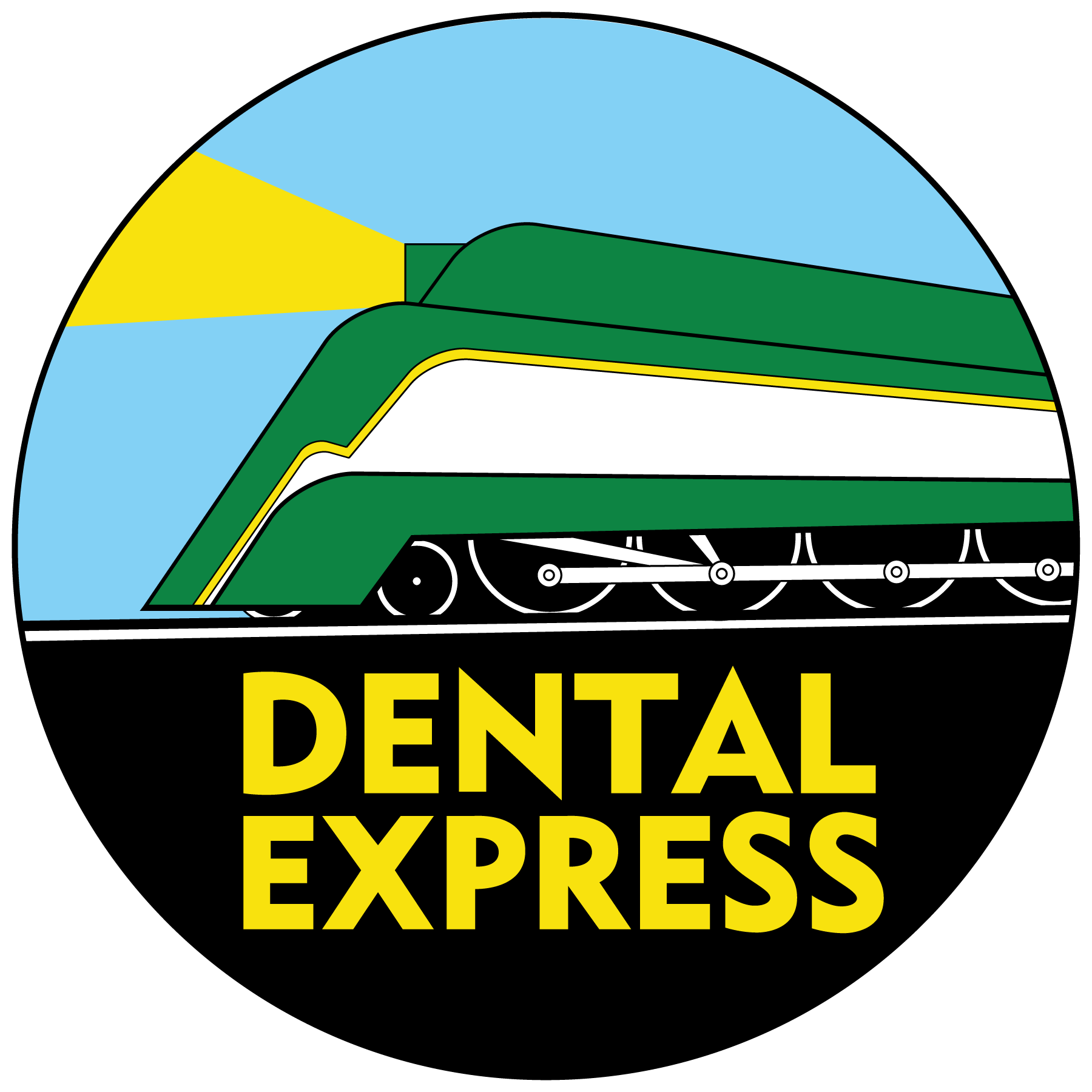Tooth decay is the most common childhood disease, but it’s entirely preventable. Learn the facts and how to protect your baby’s smile below
Baby bottle tooth decay as a parent, your baby relies on you to help them develop a healthy, happy smile.
How you take care of their mouth and teeth when they’re young can have a profound, lasting impact on both their dental health and overall health.
One of the biggest health risks to look out for is baby bottle tooth decay, also known as early childhood caries (ECC).
But what many parents may not know is that decay can start as soon as your little one’s first tooth comes in.
And just because their teeth aren’t permanent doesn’t mean they’re any less important. Left untreated, baby bottle tooth decay can cause developmental, Cosmetic Dental Implants, and functional issues that can follow your child for many years.
In today’s article, we’ll be laying out everything you need to know about this all-too-common condition, and what you can do to ensure your little one grows up with a healthy smile they can be proud of.
Let’s get started.
What is Baby Bottle Tooth Decay?
This term is typically used as a blanket statement for childhood tooth decay or cavities.
Tooth decay occurs when sugars interact with the bacteria in your mouth. The result is a harmful acid that can eat away at the outer layers of your teeth.
The name “baby bottle tooth decay” comes from one of the common causes: when babies are allowed to drink sugary drinks from their bottles too frequently.
One of the most common examples is when parents lay their baby down for bed at night with a bottle full of milk or formula.
They may not realize it, but these drinks contain sugars and can cause tooth decay in baby teeth.
As long as you clean their mouth and gums before laying them down, there’s nothing wrong with feeding your little one before bed.
But when you leave the bottle in bed with them, they can expose their teeth to harmful sugars throughout the night, which break down their enamel and lead to cavities.
Now, let’s take a look at some of the other leading causes, so you know what you’re up against.
What Causes Baby Bottle Tooth Decay?
Including the causes mentioned above, here’s a list of factors that can increase your child’s risk of tooth decay:
- Frequent exposure to sugary drinks (fruit juices, sodas, sweetened water, formula, and breast milk are the most common culprits)
- Letting your baby sleep with their bottle (filled with anything other than water)
- Feeding your baby before bed without cleaning their mouth and teeth
- Giving your baby a bottle instead of a pacifier to help them calm down
- Passing your oral bacteria to their mouth by licking their spoon or “cleaning” their pacifier with your mouth
- Not enough exposure to fluoride through either drinking water or daily brushing
Each of these factors alone is enough to cause dental health issues, but the more that apply, the higher your child’s risk goes.
If you find yourself in any of these situations, do your best to cut back as soon as possible. We’ll be covering the most effective ways to prevent baby bottle tooth decay later, but for now, it’s time to discuss what can happen if the condition is left unchecked.
What Are the Consequences?
From the American Dental Association (ADA):
“Children need strong, healthy teeth to chew their food, speak and have a good-looking smile. Their first teeth also help make sure their adult teeth come in correctly.”
As you can imagine, out-of-control baby bottle tooth decay can disrupt these normal processes and damage your child’s quality of life. A reality that no parent wants for their little one.
It’s not fun to think about, but it’s essential to learn what can happen in the worst-case scenario to fully understand just how much a baby’s dental health can affect the rest of their life.
What follows is a detailed breakdown of the potential dangers that come with baby bottle tooth decay:
Complications With Adult Teeth
If the decay does enough damage, your child could lose one of their baby teeth prematurely, leaving space in their jaw.
This extra room may cause their adult teeth to shift and fill in the empty space, making it difficult for the surrounding teeth to come in properly.
Usually, this can lead to overcrowding and crooked teeth, which are harder to clean and can leave certain areas more vulnerable to decay.
Eating May Be Painful
Unfortunately, tooth decay and cavities often come with pain that can make it hard for your little one to chew their food.
If it hurts to bite down, it may discourage them from eating, which can impact their overall health.
Problems Speaking & Biting
According to the ADA, baby bottle tooth decay is most common in the upper front teeth.
If a child loses one of their two front teeth, they could have trouble speaking and biting down properly.
Tooth Decay Can Spread
Tooth decay is an infection.
If the affected teeth don’t get the attention they need, the decay can spread to surrounding areas, creating even more serious dental health issues.
Self-Esteem Issues
Decayed, unhealthy teeth can also affect your little one’s confidence. If their teeth are brown and discolored, they may be afraid to smile, which is heart-breaking just to think about.
Childhood Dental Health Influences Adult Dental Health
Finally, the less healthy a child’s baby teeth are, the more likely their adult teeth will be unhealthy.
Issues like these are why establishing strong dental care habits as early as possible is so powerful. If you can help them grow a healthy smile when they’re young, they have a much better chance of carrying it with them into adulthood.
How Can I Prevent Baby Bottle Tooth Decay?
Now that we’ve covered the potential risks, it’s time to give you all the tools you need to make sure your little one has a decay-free childhood.
Adapted from ADA recommendations, the list below is your guide to preventing baby bottle tooth decay:
- For infants, dampen a clean washcloth or gauze pad and gently wipe their gums following every feeding and before bedtime.
- As soon as their first tooth comes in, start brushing it twice a day with a child-sized toothbrush. Be sure to use fluoridated toothpaste; the amount should be about the size of a grain of rice. When they turn three, you can bump it up to a pea-sized amount.
- Brush your child’s teeth until they can do it safely without swallowing toothpaste. They’ll usually get the hang of it at around six or seven years old.
- Avoid putting your little one to bed with a bottle that contains a sugary drink. Even if it’s watered down, it can still cause baby bottle tooth decay.
- Once your baby’s first tooth comes in, avoid constant breastfeeding and letting them fall asleep while breastfeeding.
- Don’t substitute a bottle for a pacifier; this can lead to prolonged exposure to sugar.
- Drinking out of a sippy cup lowers their risk of developing baby bottle tooth decay. Try to teach them how to use one by their first birthday.
- Don’t allow your child to sip on sugary drinks constantly. Make these tasty beverages a mealtime treat. If they get thirsty in between meals, offer them water instead.
- The more your baby snacks, the more they expose their teeth to sugars. Try to limit snacking in between meals to give their teeth a break.
- Stay away from turning sweet treats into rewards for your child.
- As often as you can, offer sweet foods and drinks as mealtime treats.
- Help your little one maintain a healthy diet. Healthy diets foster healthy smiles.
- The ADA recommends taking your child in for their first visit as soon as their first tooth erupts and no later than their first birthday.
- Last but certainly not least, schedule regular checkups and exams with your San Diego dentist. They’ll evaluate your little one’s mouth and provide treatment tailored to their smile.
Building Healthy Smiles That Last a Lifetime
Fostering healthy habits and a positive outlook on dentistry are the best ways to protect your child’s smile…
And having a family dentist can be a huge help.
At Dental Express, we take every opportunity to educate our younger patients in fun, exciting ways that encourage curiosity and healthy dental hygiene.
When you bring your child into one of our San Diego offices, we’ll make sure their visit is not just positive, but one they’ll enjoy and remember for years to come!
Give us a call or schedule online today to get started. And if you have any questions about the prevention or treatment of baby bottle tooth decay, please don’t hesitate to reach out.
Keep Reading
The Dangers of Prolonged Thumb-Sucking & Pacifier Use
Healthy Oral Habits for Children’s Dental Health Month
Tooth Fairy 101: How to Get Your Kid Excited About Dental Care

